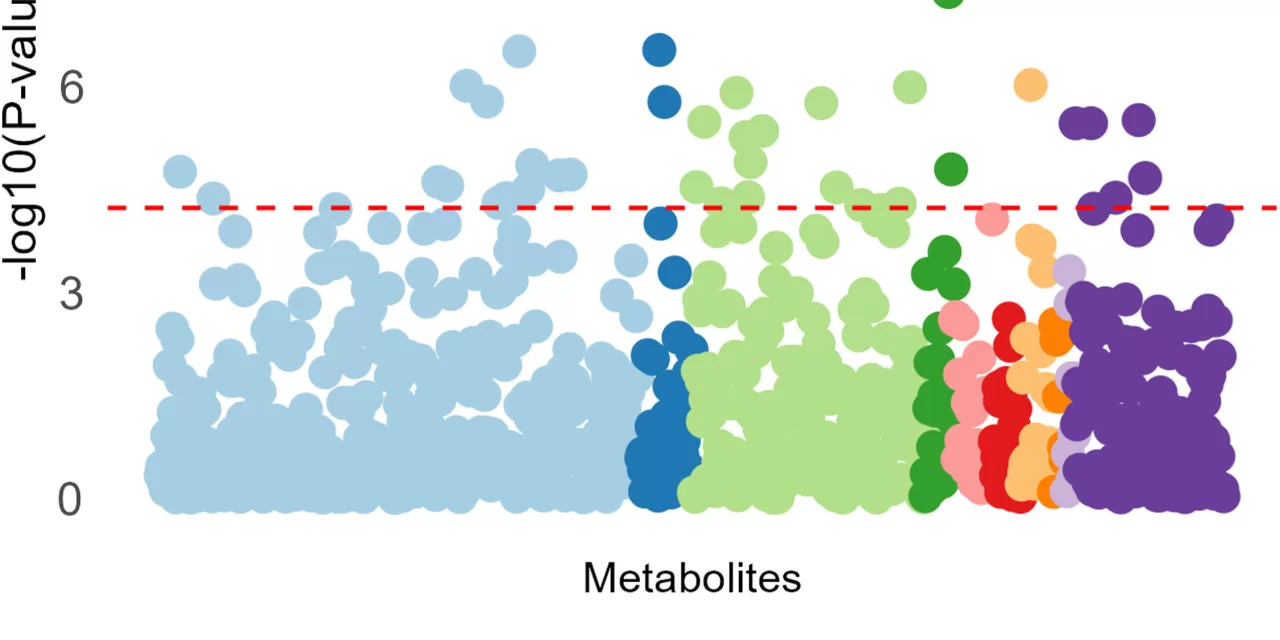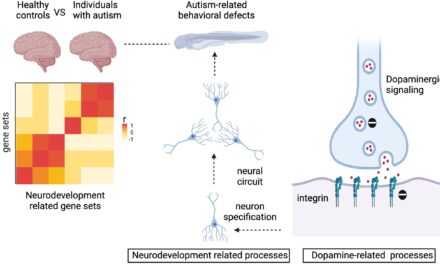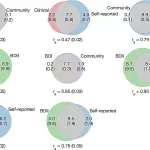Researchers at the University of Virginia School of Medicine have identified specific biological indicators in blood samples that could be linked to Sudden Infant Death Syndrome (SIDS). This breakthrough could pave the way for the development of simple tests to identify babies at risk for SIDS, the leading cause of death among infants between one month and one year old.
The study, published in the journal eBioMedicine, analyzed blood serum samples from 300 babies who died from SIDS. The researchers were able to pinpoint 35 potential biomarkers, including ornithine, a substance involved in waste removal, and a lipid metabolite crucial for brain and lung health. These findings offer valuable insights into the biological processes that might contribute to SIDS.
“Our study is the largest to date that has investigated the potential of small molecules in the blood as biomarkers for SIDS,” said lead researcher Keith L. Keene, Ph.D. “Our results suggest that multiple biological pathways are involved in SIDS and provide clues on how these processes might increase risk or aid in diagnosis.”
The research team emphasizes the need for further studies to confirm whether the identified metabolites directly cause SIDS. However, their findings hold immense promise for unraveling the mysteries of this devastating condition. With simple blood tests, doctors could potentially identify infants at higher risk for SIDS, allowing parents to take necessary precautions and saving countless lives.
This discovery represents a significant step forward in the fight against SIDS. By understanding the underlying biological mechanisms, researchers can develop targeted interventions and prevention strategies to protect vulnerable babies.
Here’s a summary of the key points:
- Researchers at UVA School of Medicine identified potential biomarkers for SIDS in blood samples.
- These biomarkers could be used to develop tests for identifying babies at risk for SIDS.
- SIDS is the leading cause of death among infants between one month and one year old.
- The study findings provide insights into the biological processes that might contribute to SIDS.
- Further research is needed to confirm the link between the identified metabolites and SIDS.











